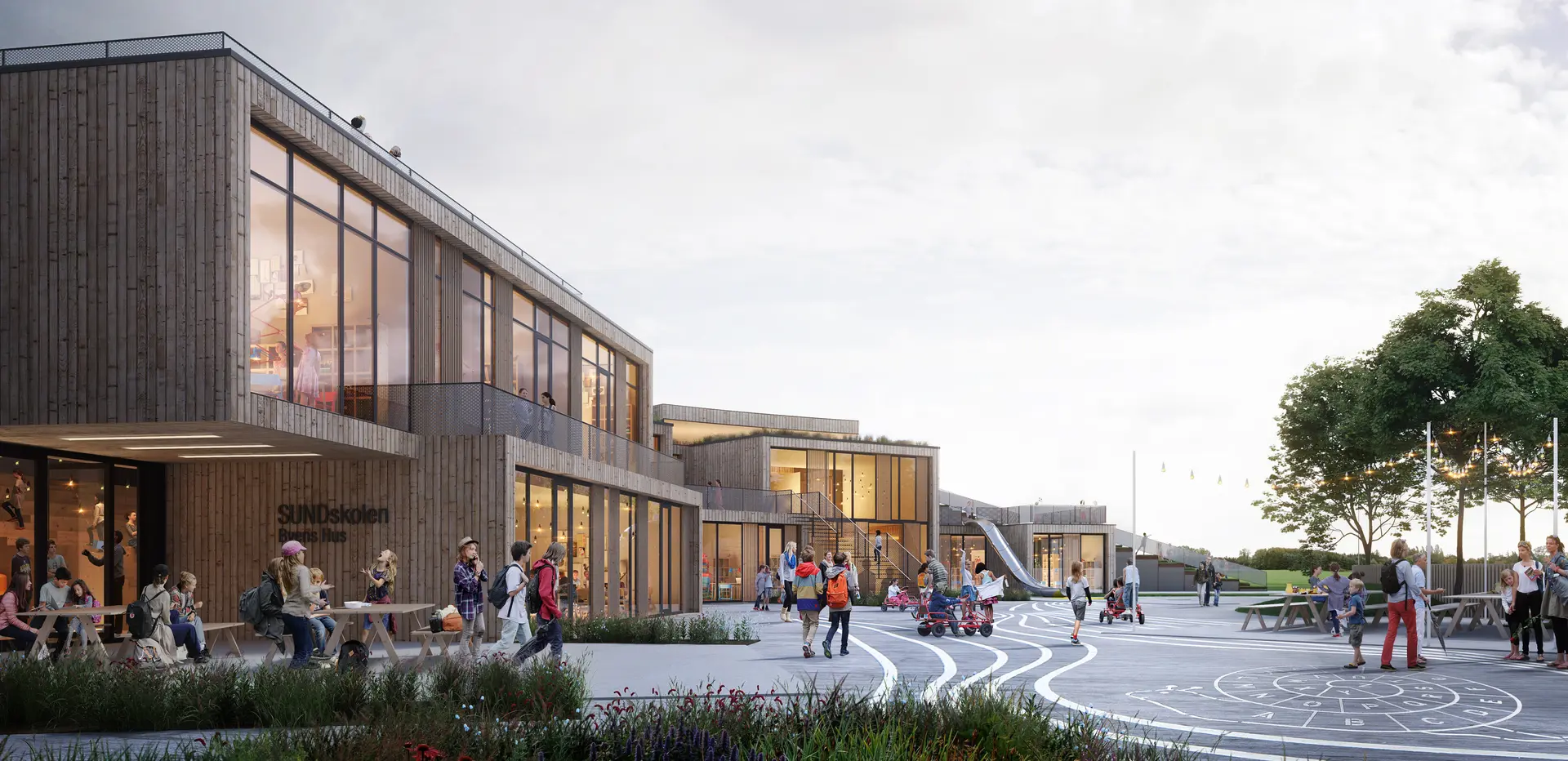Dongguan Central Park wins IFLA AAPME Outstanding Award

Awarded the Outstanding Award in the 'Flood and Water Management' category, the project is being recognized with the event's top honor for its water-sensitive design approach and resulting community impact.
Contact

Design Director
Amidst the growing challenges posed by urbanization and climate change, Dongguan Central Park plays a crucial role in safeguarding the city’s flood resilience, supporting Dongguan's ambitions to become a new model of sustainable urban development for the country.
Guided by the “P-L-A-C-E making” principles – People-oriented, Legible, Active, Cleansed, and Ecological – the park is designed not only to address environmental challenges but also to create an inclusive, welcoming space for the community. These principles ensure that the park serves as a multifunctional space where people can come together to live, work, and play, all while engaging with nature in meaningful ways.

"Plagued by water mismanagement and proximity to the Xinji River, our design for the park maps out immediate short-term solutions that sets up long-term strategies for an effective solution continually rehabilitating the site."
Jacky Pan
Design Director
Located along the Xinji River, the park spans 12 hectares on the site of a former dilapidated village dating back to the Qing Dynasty. Once plagued by pollution and frequent flooding, this area has been transformed into a vibrant public space that integrates flood management with community engagement, setting a new standard for urban parks in China.
Central to the park’s design is its water-sensitive approach. The park uses a sponge city strategy to capture over 85% of stormwater runoff, significantly reducing flood risks during extreme rainfall events. A key feature is the Central Lake, which has been created by diverting water from the Xinji River. This new water body serves both as a recreational space for the public and as a flood mitigation tool. Supporting the lake is a constructed wetland and a bioswale system, which work together to filter and clean the stormwater, improving water quality and enhancing flood resilience.
The park also features a dense metasequoia buffer between the Central Lake and the Xinji River. This natural filtration system helps improve water quality while providing habitats for local aquatic life and birds. Guided by hydraulic modelling, data analysis, and rain simulations, the redesign of the river promotes both ecological health and flood resilience, transforming the once-polluted waterway into a community asset.
Beyond its water management features, Dongguan Central Park fosters a strong connection between people and nature. Its design includes open, accessible spaces that encourage social interaction and physical activity. Green plazas, adventure trails, and nature gardens offer spaces for relaxation and recreation, while nature-based elements such as stone beaches and seasonal plantings further enhance the park’s ecological value. Since its opening, the park has quickly become a popular destination, attracting thousands of visitors each day for events and leisure activities.
The park's design has received the IFLA AAPME Outstanding Award – the top honor at the event – in the 'Flood and Water Management' category.
"Receiving the Outstanding Award for Dongguan Central Park is an incredible honor. As climate challenges intensify, the park is a model for resilient design that manages flood risks and enriches the everyday lives of the people of Dongguan through community centered solutiona,” says Jacky Pan, Design Director, Henning Larsen.
Announced at the 2024 International Federation of Landscape Architects Awards held 15 November in Singapore, award winners include projects in Africa, Asia Pacific and the Middle East.
The project was previously recognized at the 2024 World Landscape Architecture Professional Awards as an Honour Award winner in the Built – Large Landscape Design category.



